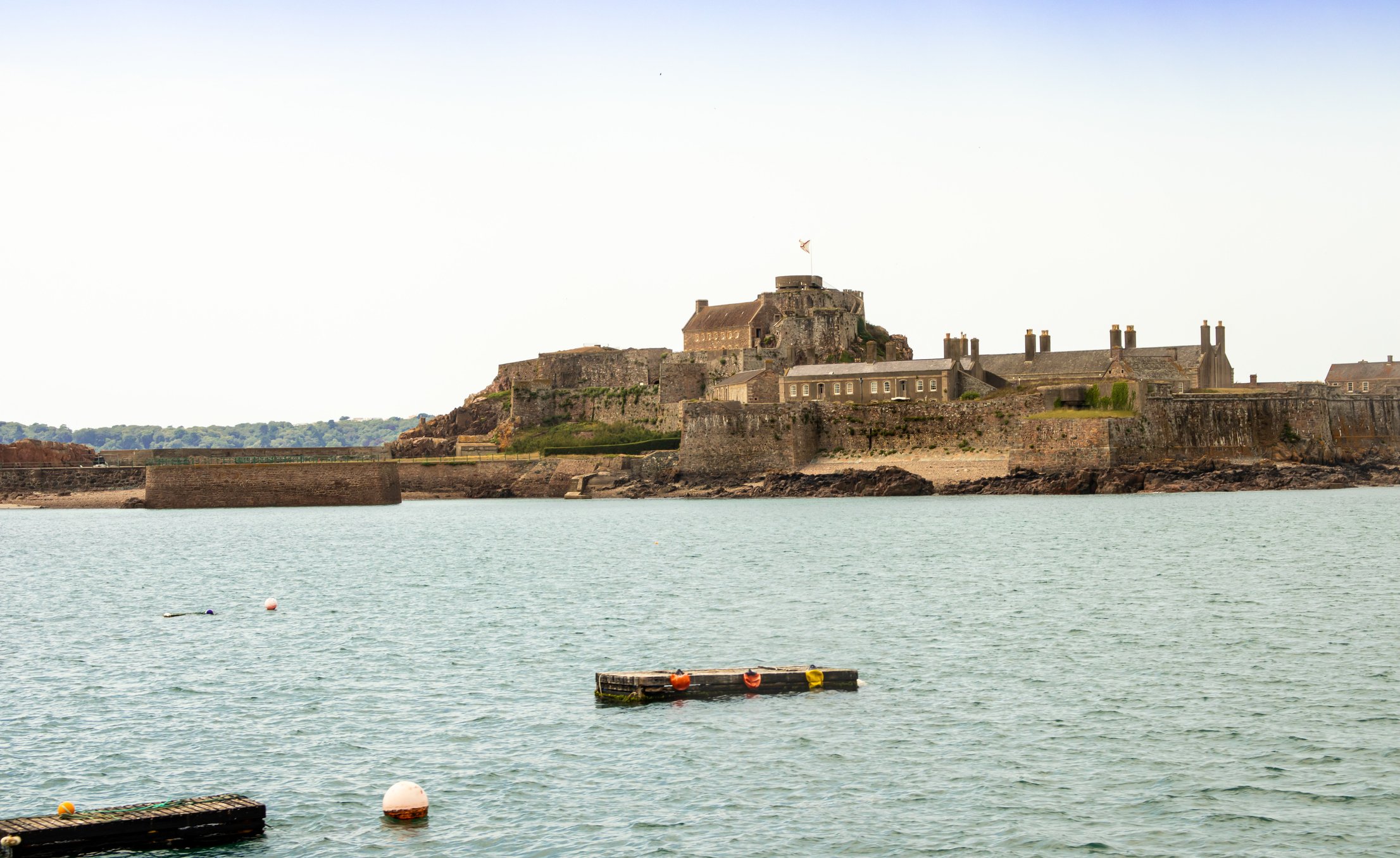
Elizabeth Castle is a heritage site in the parish of Saint Helier, Jersey
Jersey government’s plan to lower arts funding voted down
Jersey will continue to invest 1% of its overall expenditure in arts, culture and heritage after plans to switch to a new funding model, which could have cost the sector over £400,000 in state investment next year, failed to gain majority support.
Politicians in Jersey have voted to continue investing 1% of the island’s overall expenditure in arts, culture and heritage.
The government’s draft budget, which is due for debate in November, had planned to introduce a new funding mechanism for arts, culture and heritage that would have instead linked state investment in the sector to inflation.
With inflation rates in Jersey forecast to drop under 2% in 2025, it had been estimated the change would lead to the sector missing out on £438,600 next year.
Last week, Deputy Montfort Tadier tabled a proposition asking that “no changes should be made to the target revenue expenditure model” unless a proposal “exclusively concerning the funding of those specific matters” is considered.
His proposition was backed by the assembly, with 23 voting in favour compared to 15 against.
‘Courage and transparency’
The government of Jersey committed to investing 1% of its overall expenditure in arts, culture and heritage in 2019, before it came into force in 2022. This year, it has seen the sector receive £11.62m.
In a document submitted to the assembly prior to the vote, Tadier said the Council of Ministers had attempted to “back out” of the 1% funding model in a way that “lacks courage and transparency” by proposing the change on page 48 of the Budget 2025 report.
“There is no argument made, no proposition, no accompanying report nor business case that is made to overturn the previous states decision, just a single sentence,” Tadier said. “It is sneaky because it relies on a member or members to first pick up on the change, then it requires a member to lodge an amendment to the budget simply in order to retain the status quo and force a debate.”
Deputy Elaine Millar, Jersey’s Minister for Treasury and Resources, told the BBC the government’s inflation model had been a “considered approach to a changing fiscal landscape” that would have given the arts an additional £269,000 a year.
She added that the current expenditure funding model would cost the government an extra £700,000 a year, which will lead to cuts in other departments.
Under the 1% for culture, arts and heritage financing model, it is estimated the sector will receive £12.29m in 2025, £670,000 more than this year.
The investment is projected to continue increasing, to £12.38m in 2026, £12.6m in 2027 and £12.94m in 2028.
Jersey released its current five-year arts strategy and a heritage strategy in 2022, soon after the 1% funding model came into force.
Last year, the island’s flagship theatre began a £11.5m renovation project, backed by the government. In the same month, Jersey Heritage announced it would begin opening most of its sites all year round, following an uptick in visitor numbers and government funding.
An outlier
Jersey’s proportional cultural funding mechanism is unusual and puts its spending among some of the highest in Europe when compared with overall spending.
Research from Eurostat found that in 2022, the highest share of expenditure on cultural services in the EU was in Estonia, Hungary, Latvia and Malta, at 2.2 %, while the lowest shares were in Greece (0.3 %), Cyprus and Italy (both 0.5 %).
In the UK, total public expenditure for 2023/24 was estimated by government in last year’s Spring Budget to be £1,189 bn. Figures from Statisca suggest that during the same period, £4.7 bn pounds was spent on cultural services, or 0.4%.
The Office for Budget Responsibility expects that in 2024-25, UK public spending will amount to £1,226 bn, 1% of which would be £12.26bn.
Join the Discussion
You must be logged in to post a comment.